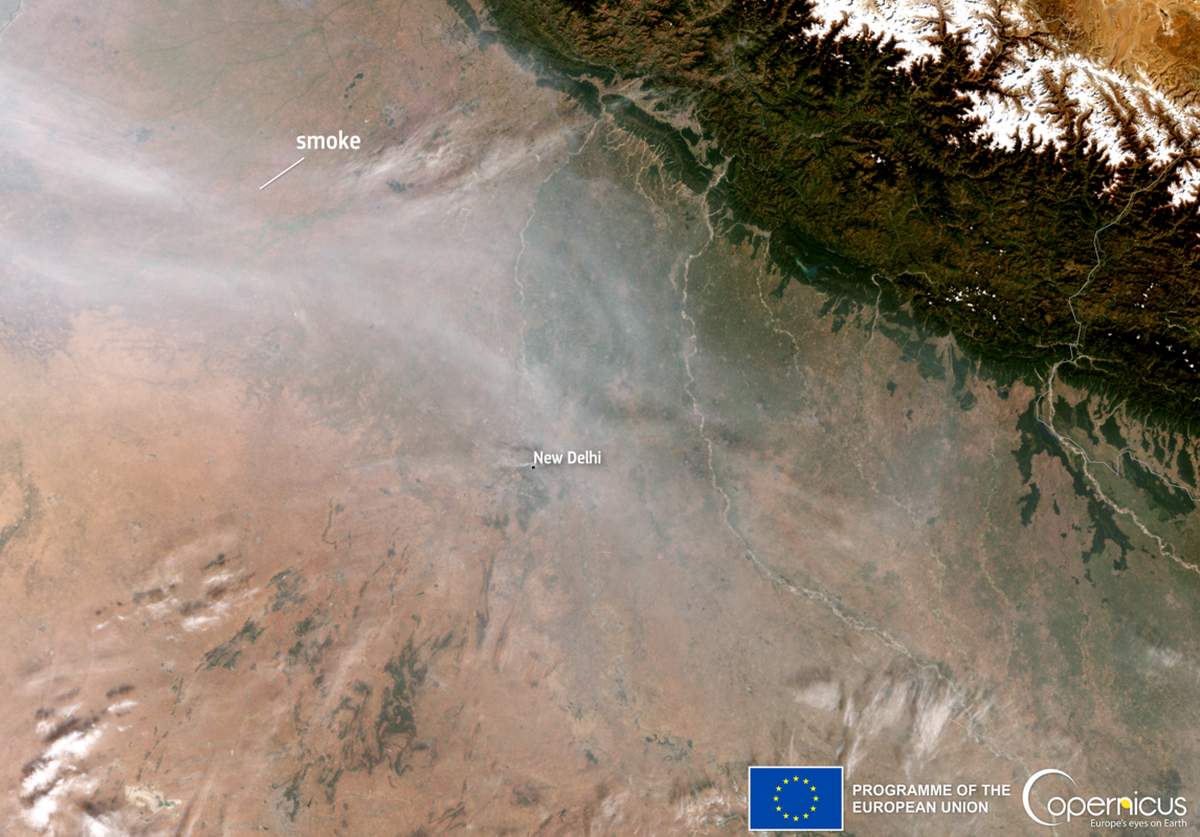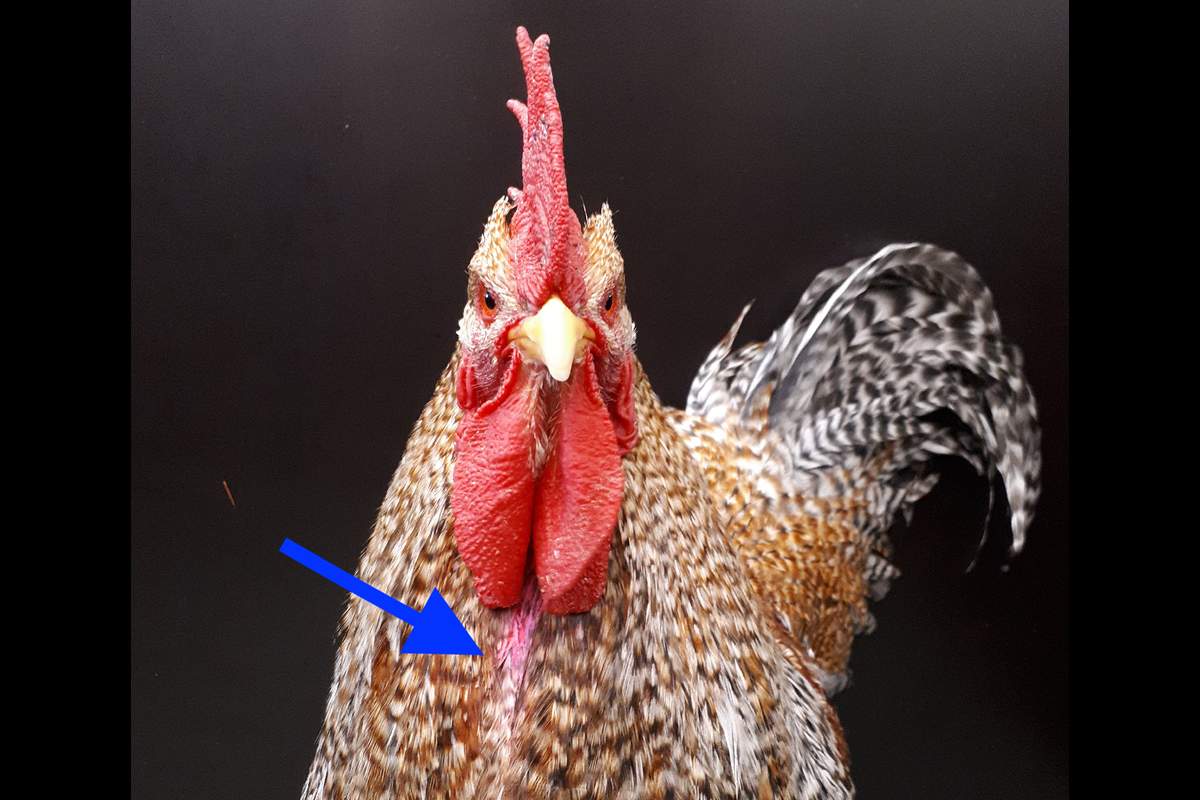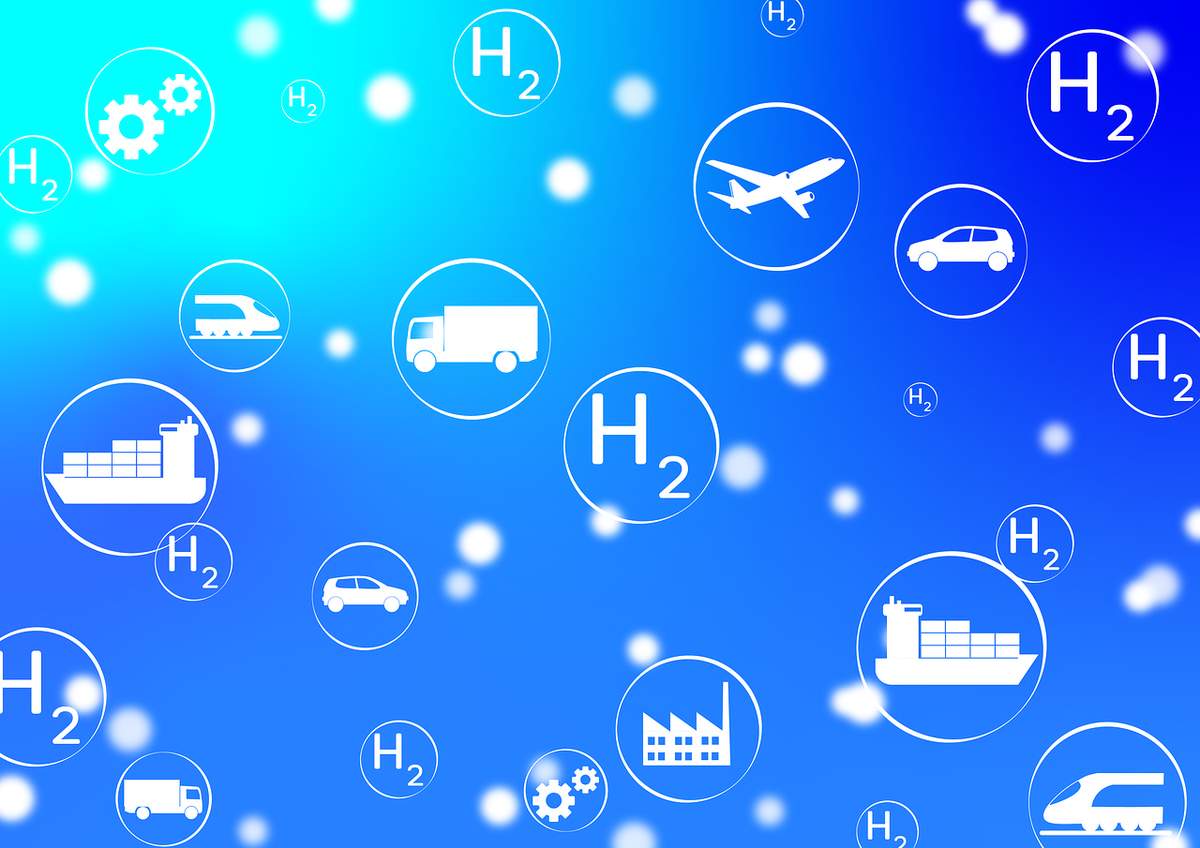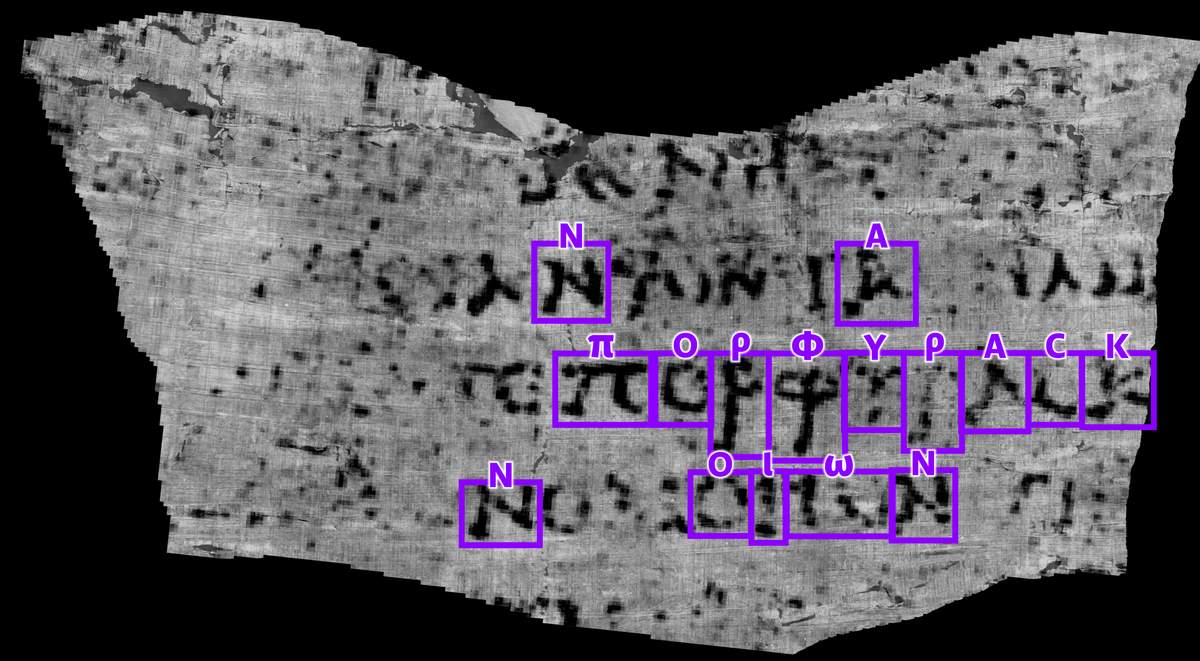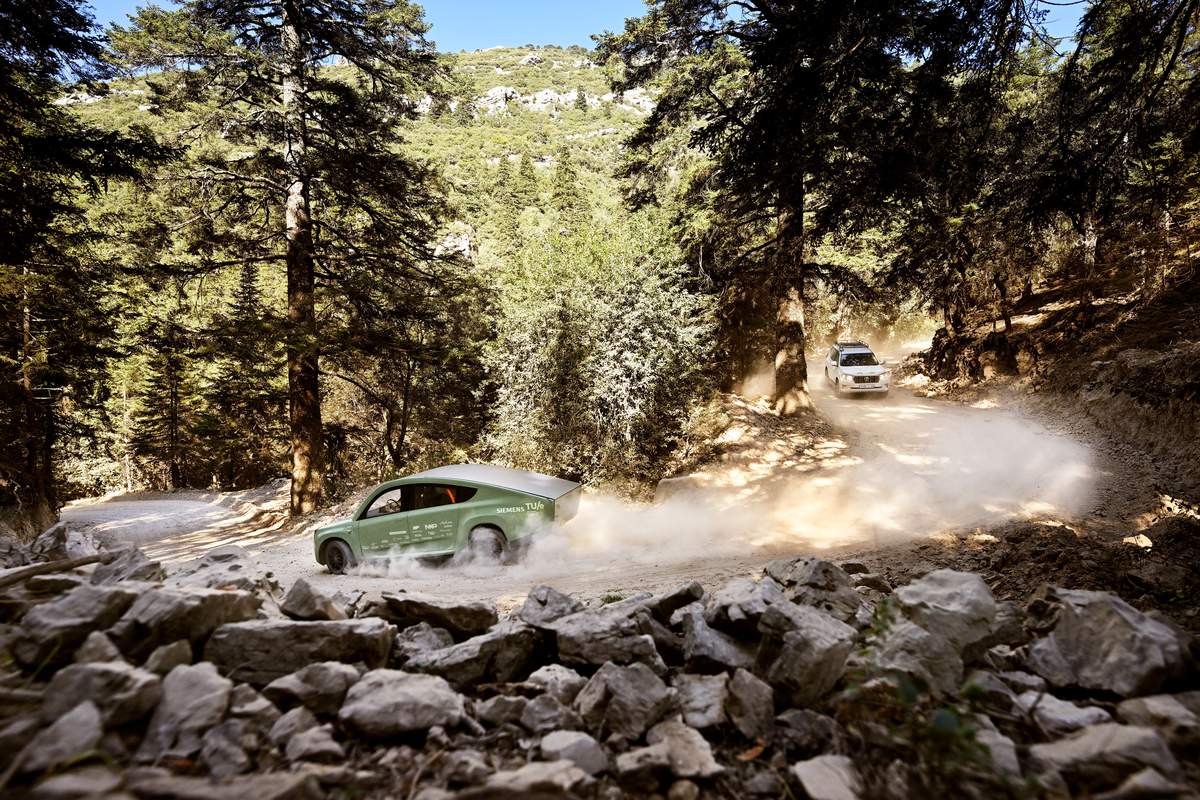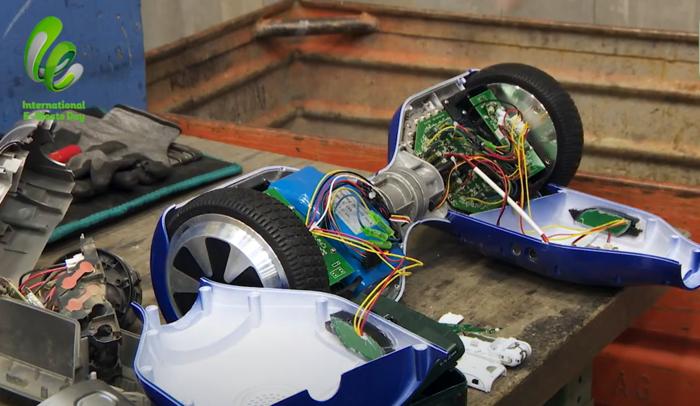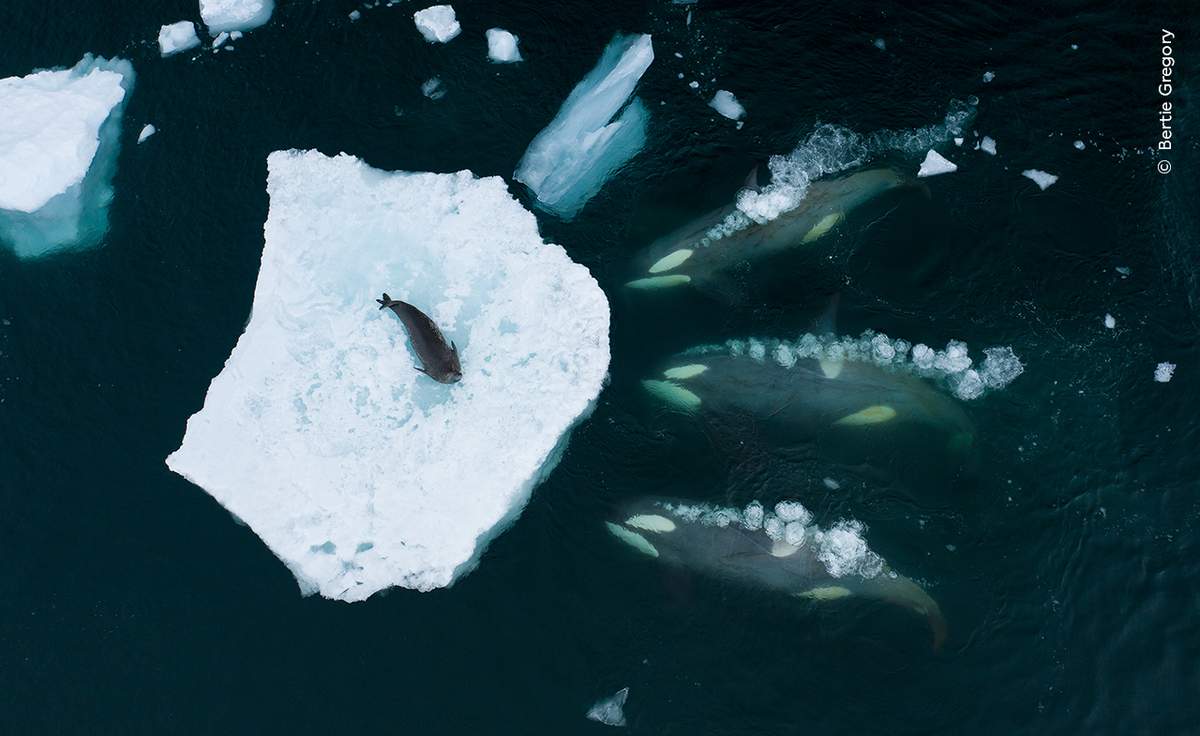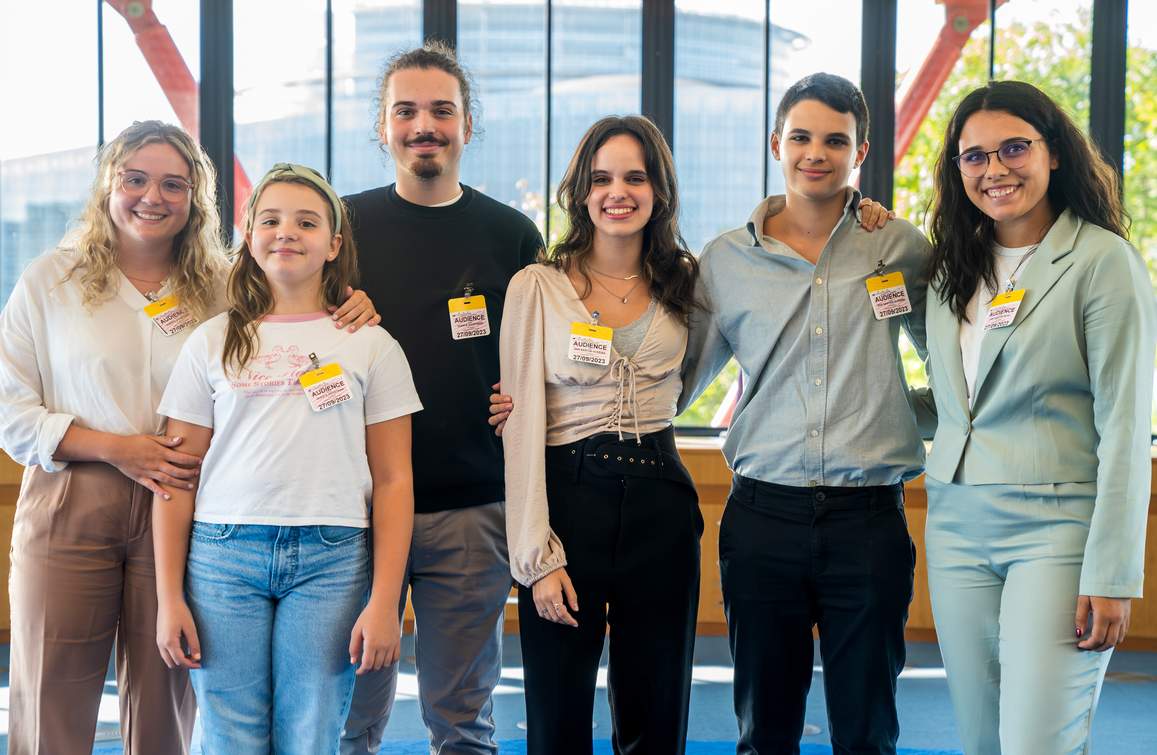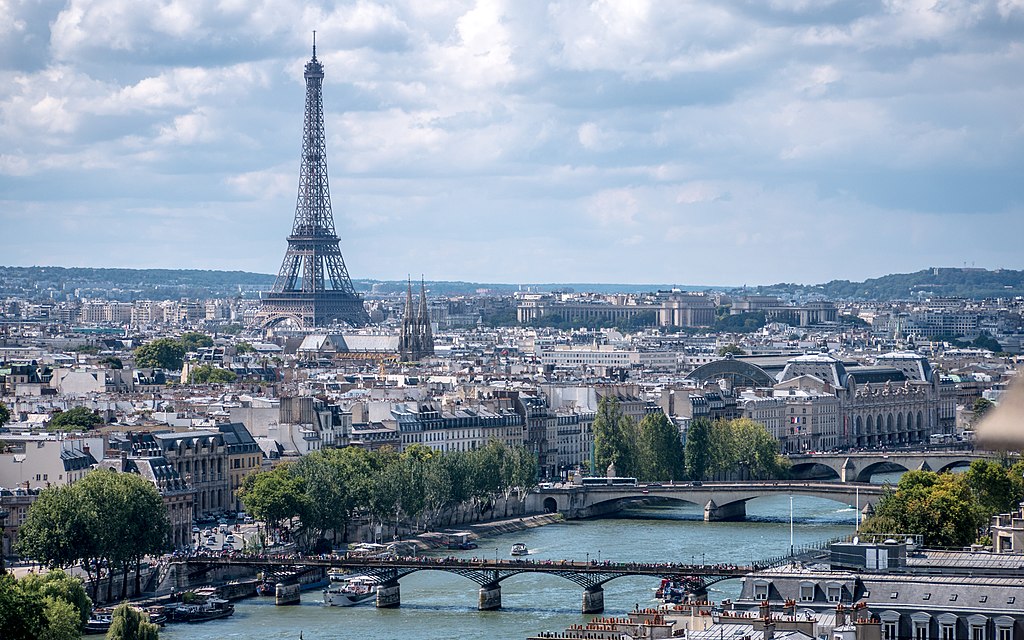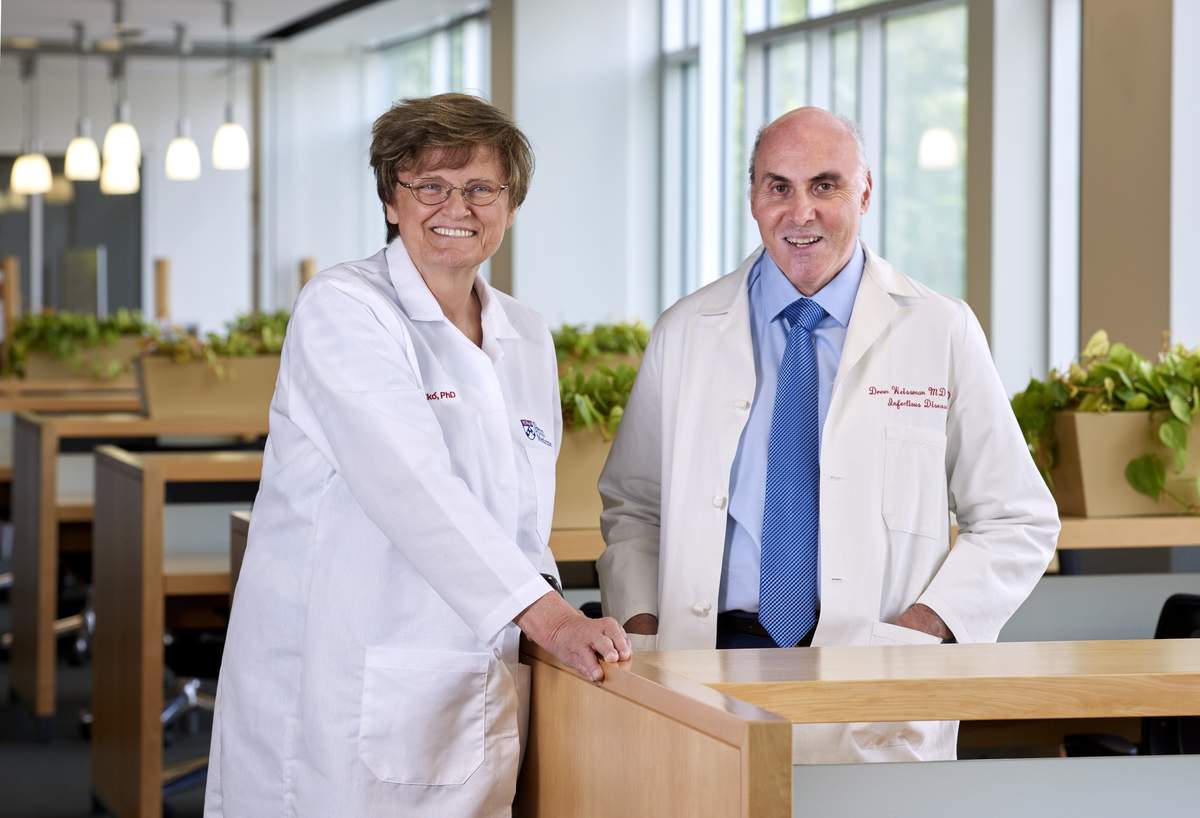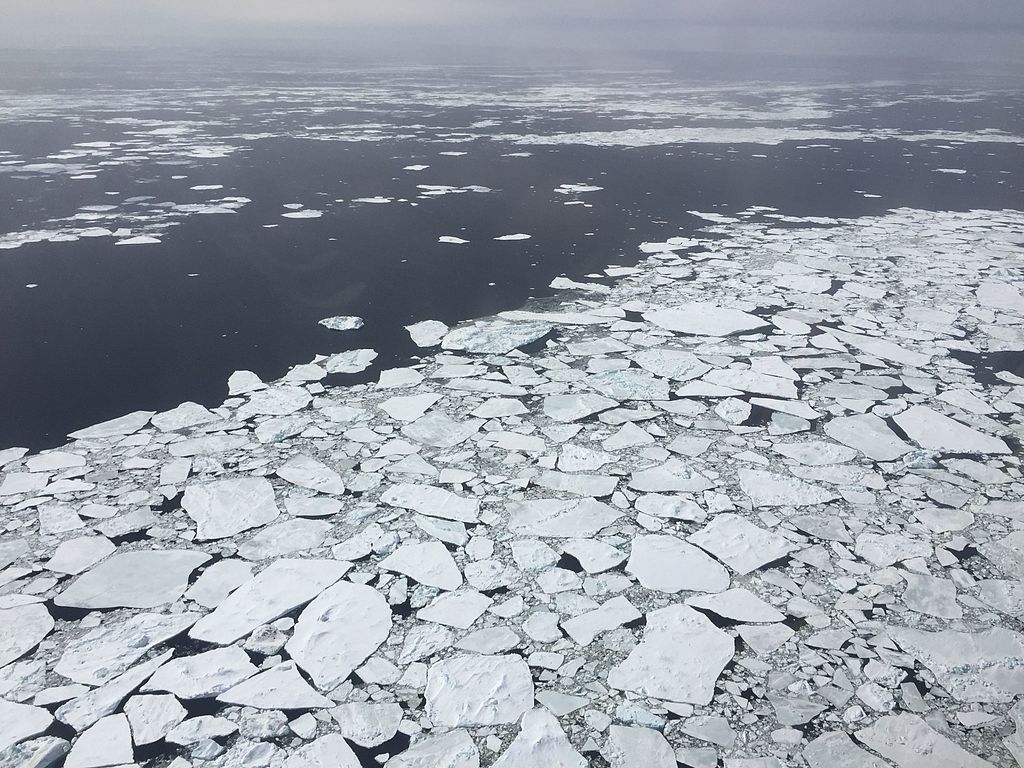As winter comes to the northern part of India, the air pollution in the capital city of New Delhi is reaching levels that are too dangerous to breathe. The problem is so bad that schools have been closed, and people are being told to stay indoors.
Published in “Science”
A new study suggests that roosters can recognize themselves in a mirror. The news came after roosters failed scientists' usual test for this. The surprising result raises questions not just about how smart roosters are, but about how scientists test animal intelligence.
Hydrogen is a gas that burns cleanly and produces a lot of energy. It will play an important part in tackling the climate crisis. Until recently, producing hydrogen created pollution. Now, scientists say there may be large amounts of natural hydrogen hidden underground.
Roughly 2,000 years ago, Mount Vesuvius erupted, destroying the Roman cities of Pompeii and Herculaneum. Now a group of scientists is working to decode one of the great mysteries of that time - the scrolls of Herculaneum.
A team of students in the Netherlands has designed and built a tough car that's completely powered by the sun. The car, called Stella Terra, is the first solar-powered car that can travel off-road for long distances without needing a recharging station.
October 14 was International E-Waste Day - a day meant to highlight the problems of electronic waste. This year, the day was focused on "invisible" e-waste - things most people don't think of as electronics. The surprising category at the top of this group was toys.
The Natural History Museum in London holds a yearly contest for the Wildlife Photographer of the Year. This year, the contest had 49,957 entries from around the world. Here are some of this year’s best pictures, and the stories behind them.
On September 27, the European Court of Human Rights heard a case that could force 32 European countries to take stronger action on climate change. The case was brought by six young people from Portugal.
People in Paris, France are growing concerned about a problem that has worried people for centuries: bedbugs. With more and more reports of bedbugs being found, politicians are starting to worry about getting rid of the insects before Paris holds the 2024 Olympics next summer.
On Monday, the Nobel Prize in medicine was given to Katalin Karikó and Drew Weissman - two scientists whose work led to the development of mRNA vaccines. Their ideas about mRNA were a huge scientific breakthrough, and saved millions of lives during the coronavirus pandemic.
Scientists have reported that Antarctica's sea ice is at a record low level. That's worrying because the sea ice is an important part of the Earth's cooling system. It's not yet clear if the low sea ice level is temporary, or part of a changing climate pattern.

